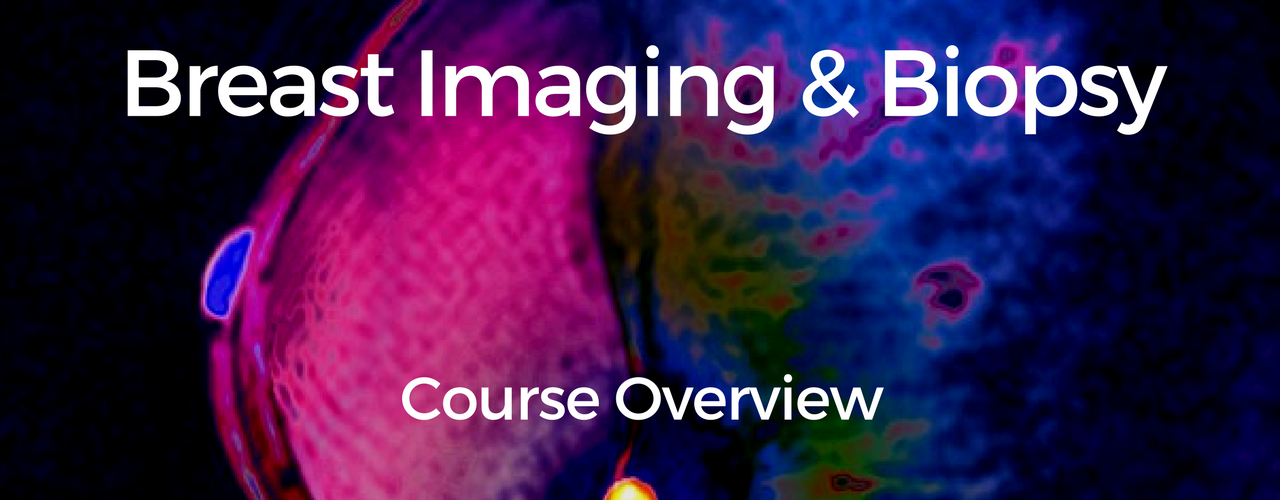What does “Breast Imaging” refer to?
Breast imaging generally refers to mammograms, breast ultrasounds, and breast MRIs. Mammograms are most often used to screen women annually for cancer. An ultrasound of the breast is usually performed to determine if a lump or mass is concerning for cancer. Breast MRIs are ordered most frequently for newly diagnosed women to better understand the extent of their cancer before surgery. MRIs are also used annually to screen women felt to be at “high risk” for developing breast cancer in their lifetime.
Interpreting these studies is difficult to do really well. It is not uncommon for a breast cancer to be overlooked on your imaging, thus delaying a diagnosis of cancer for months or years. That is why you should seek a radiologist who specializes in breast imaging. Under their guidance, cancers may be detected earlier and fewer biopsies of non-cancerous areas may be recommended. If possible, seek your breast imaging at more specialized breast imaging centers.
When should I start getting mammograms every year?
We still recommend beginning annual, screening mammography at the age of 40. Recent national guidelines recommend starting later at 45 or 50 years old. This has generated an intense discussion and debate amongst patient advocacy groups and the world of medicine. Make sure to take our video lesson “When should I start getting mammograms?” (here). We address the advantages and disadvantages of breast screening so you can make an informed decision with your physicians about when to begin mammographic screening.
What are the “Cutting-edge Advances” in breast imaging?
Breast imaging technology is rapidly improving. You might hear about these advances occasionally from your friends or on the news. We are the first to organize all of these cutting-edge technologies into one, patient-friendly website. We cover breast imaging topics such as:
- Should I have a “3D mammogram“?
- Would I benefit from a “Breast MRI“?
- Does my radiologist specialize in breast imaging?
- Do I have “Dense Breasts“? What is my BI-RADS density score?
- Am I at high risk for developing breast cancer?
- What is “Automated Whole Breast Ultrasound” and breast density?
Should I ask for copies of my breast imaging reports?
All of your medical records belong to you. If you’ve been diagnosed with breast cancer, you need to read your reports to better understand your unique cancer. This allows you to engage your breast surgeon and make sure something is not missed or overlooked. You will likely forget the details about your cancer, treatment, and imaging as the years pass. We recommend you create a folder and gather all of your cancer information. You will get better quality care from future physicians when you can share with them the specifics of your breast cancer.
Register for our newsletter and “cutting-edge” questions.
Sign-up for our “Breast Health Updates & Latest Videos“ (here). Once registered, we’ll immediately email you our complete list of “cutting-edge” questions for your breast surgeon, medical oncologist, and radiation oncologist. We help you get quality breast cancer care in your community.



